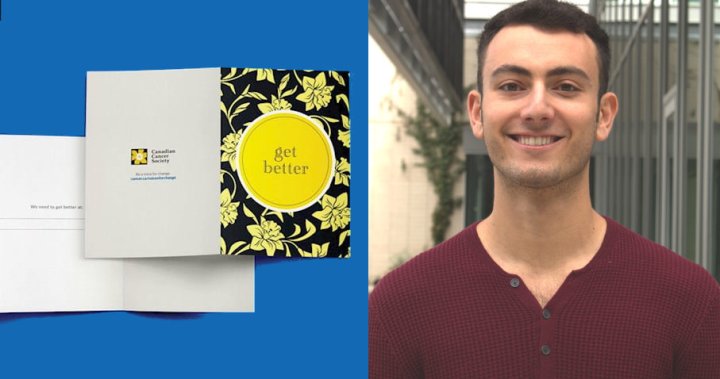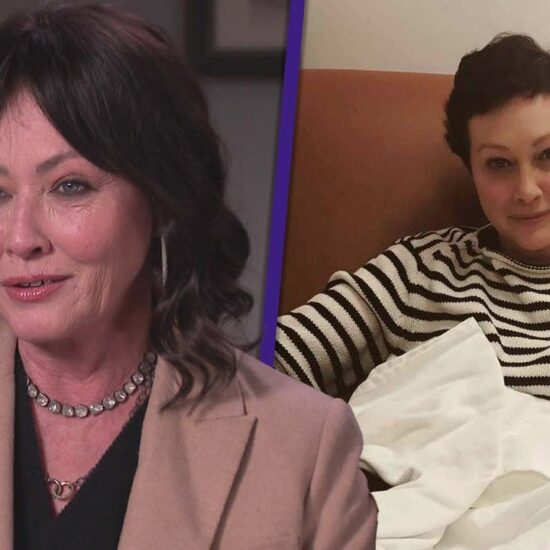
McMaster medical student Max Silverman says the trip to his hometown of Ottawa, Ont., this week is a mission to bring better care for those “completely shaken up” by cancer.
Silverman, diagnosed with stage four Hodgkin’s lymphoma in Jan. 2020, is in the capital with some 25 other Canadian Cancer Society (CCS) volunteers from across the country to share with policymakers what a battle with cancer is like.
“To have to worry about something like going into work and being able to make ends meet, it’s just another added stress that makes the situation just incredibly more difficult,” Silverman explained following the discovery of a large tumour in his chest three years ago.
“I just know there is … a bigger role that the Canadian government can play on both federal, provincial and municipal levels to support the many 1.5 million Canadians living with and beyond cancer.”
The CCS’ annual Get Better Card initiative, coinciding with April’s Daffodil campaign, reached out to Canadians urging those with a cancer story to forward a card to politicians in an effort to better sickness benefits, end of journey care, and health system funding.
The pandemic has compounded the problem in recent times with cancer surgery wait times increasing in 2022 as the Canadian health-care system continued to work through a surgical backlog.
A Canadian Institute for Health Information (CIHI) report found between April and September 2022, half of Canadian cancer patients waited for about one to three days longer for breast, bladder, colorectal and lung cancer surgery compared with before the pandemic.
The average wait time increased by about 12 days for prostate cancer.
Silverman says his experience began at the age of 20 with the onset of night sweats, intense itching, and difficulty breathing in late 2019.
The then-third year life sciences student at Queens University would then end up in an intensive care unit for a week following an X-ray showing a tumour compressing his trachea.
“The last thing on your mind is that it could be cancer, so I really pushed it off and thought it could be anything,” Silverman recalled.
“Really, I was just worrying about all the other myriad responsibilities in my life until it really got to a terrible point.”
Chemotherapy was next up in his recovery requiring multiple trips to health facilities in Kingston and Ottawa for some six months before being fortunate enough to become cancer-free.
At the beginning of the pandemic, provinces asked their hospitals to ramp down elective surgeries in order to help curb the spread of the virus. As a result, many cancer patients had to forego their surgeries.
Not only were surgery wait times impacted, but fewer new cancer cases were diagnosed in that time amid drops in cancer screening with reduced access to primary care.
Two and a half years after his ordeal, Silverman is sharing his unique perspective from the patient side, joining up in a number of aid and funding campaigns including the 15th annual Relay for Life event at Queen’s in 2021.
Silverman feels fortunate to live during an age where surgery, chemotherapy and radiation have been utilized in cancer diagnoses, whereas decades ago he suspects the prognosis would have been worse.
“And I think a large part of that is due to some of the efforts that organizations like the Canadian Cancer Society,” said Silverman.
“I really encourage Hamiltonians and everyone else to get involved with this campaign and try to support it because it can really do amazing things.”
Printed Get Better cards will be hand-delivered to Parliament Hill on Tuesday.
© 2023 Global News, a division of Corus Entertainment Inc.
















